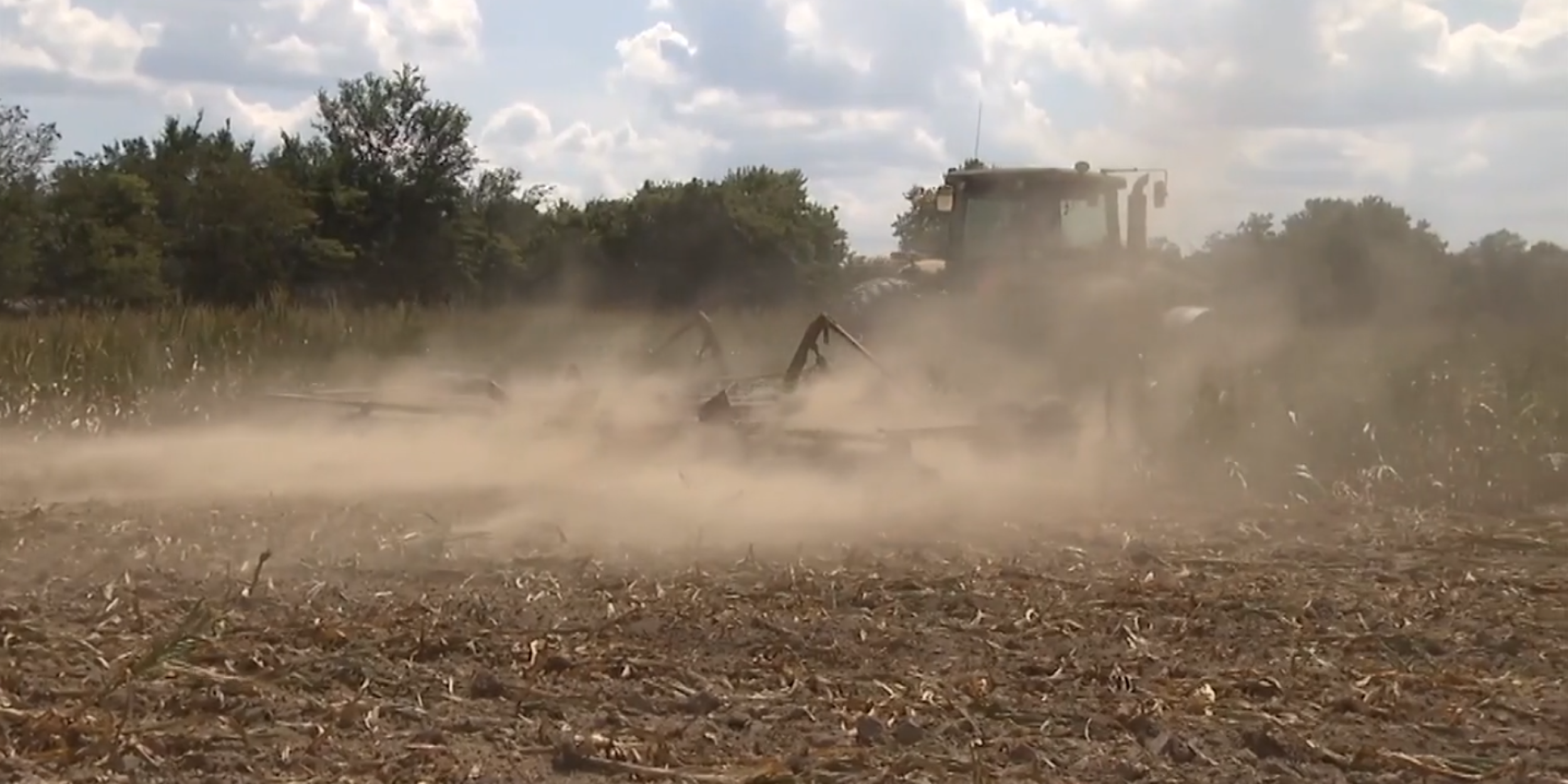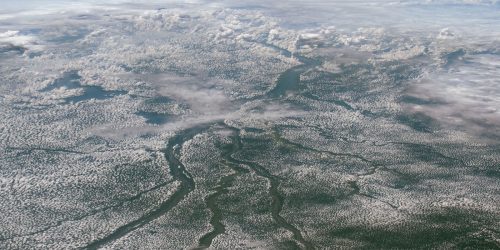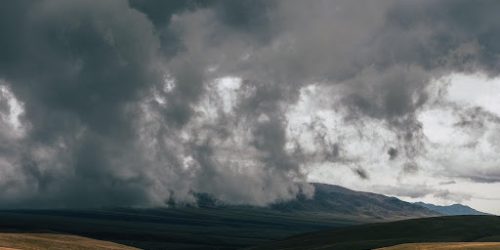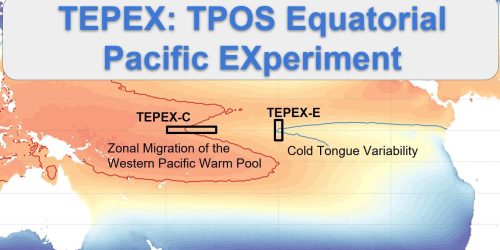The NOAA Sectoral Applications Research Program (SARP) did not hold a competition in 2015 due to severe budget cuts. However, the SARP funding received from NIDIS to support the Coping with Drought Initiative, along with a small contribution from the SARP general funds, will be used to fund five top-rated proposals saved from the 2014 competition. Total funding for these grants will be spread over two years and totals $1.4 million.
SARP supports interdisciplinary research to advance understanding of how climate variability and change affect key socioeconomic sectors, and promotes the application of this new knowledge in climate-related decisions. SARP works with scientists and decision makers such as resource managers and policy leaders to develop new tools and methodologies that they can incorporate into decision-making scenarios. The goal is to help decision makers better prepare for and respond to climate-related impacts.
SARP’s current foci are water resource management initiatives for coping with drought and extreme event preparedness. In addition, SARP funds projects through the Coping with Drought Initiative to support the National Integrated Drought Information System (NIDIS). NIDIS provides dynamic and easily accessible drought information for the nation through drought research focusing on risk assessment, forecasting, management, and development of decision-support resources.
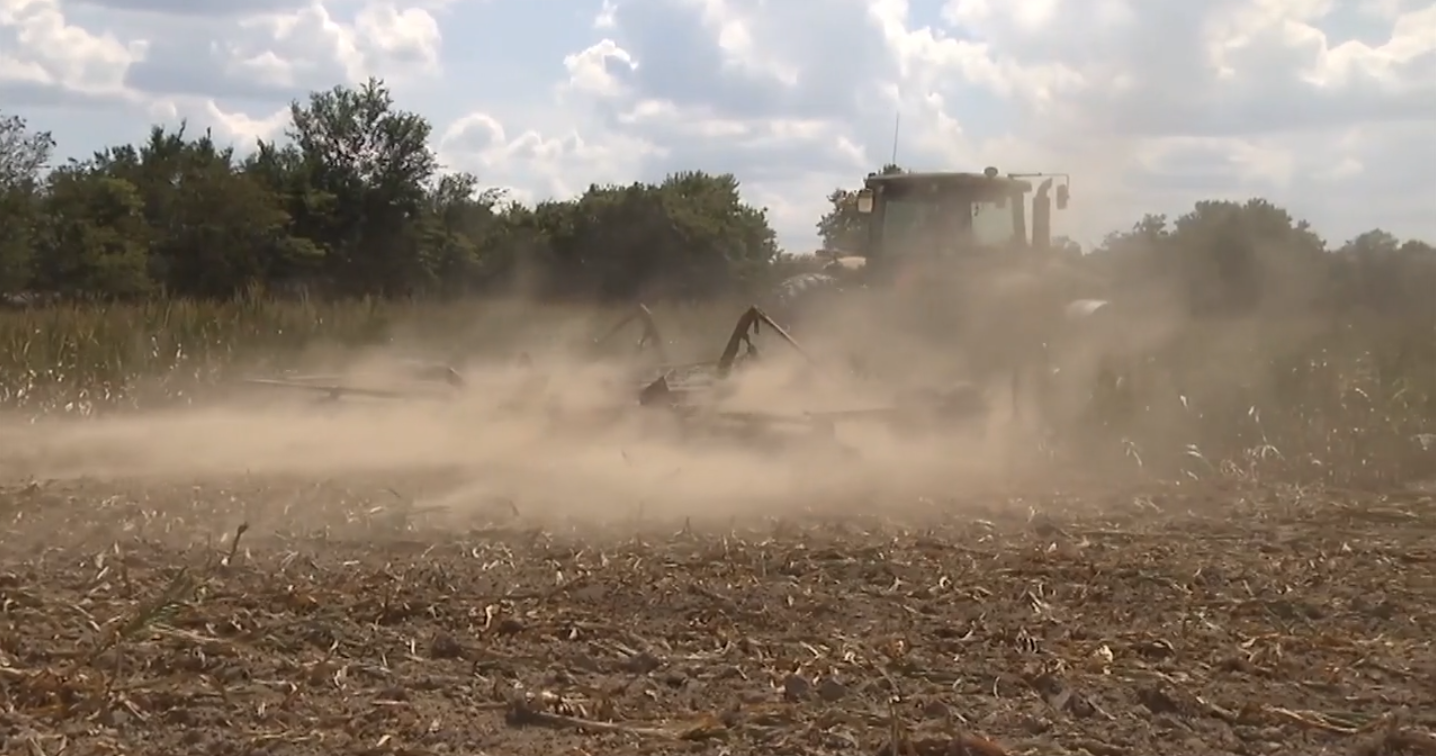

The grants will contribute to the development of the NIDIS effort through one or more of the following objectives:
- Characterizing climate-related risk perception among actors faced with making decisions in a variable and changing climate:
- Assessing the components and types of risk analyses (including changes in resource demand) as drought severity increases after onset that are needed for planning
- Assessing indirect or secondary economic impacts and develop socio-economic baselines
- Developing drought risk scenarios (e.g., water supply analyses, ecosystem services) and providing an understanding of how these affect water budgets and accounts
- Understanding how a jurisdiction (local, tribal, regional, or state) plans and responds to water demand in the face of drought.
- Characterizing the readiness of institutions that are dealing with drought to utilize climate information
- Identifying how non-structural approaches, including socioeconomic and institutional approaches (e.g., utility involvement in land-use protection, regional collaborations), to water resource management could increase adaptive capacity for managing climate risks.
The five new projects to be funded under SARP – Coping with Drought in FY15 include:
“Climate Change Assessment and Adaptation Planning for River Basins with Estuarine Resources,” PIs: Aris P. Georgakakos and Phil W. Roberts (Georgia Institute of Technology) and Reggina Cabrera (NOAA/NWS).
“Agricultural Drought Products and Linked Hydrologic Models to Improve Drought Delineation and Response in the Southeastern U.S.,” PIs: Richard T. McNider and James F. Cruise (University of Alabama in Huntsville) and Jonathan L. Case (NASA Marshall Space Flight Center)
“Decadal Drought Risk Assessment and Scenario Development for Food and Bio-fuels Agriculture in Four Sub-basins in the Missouri River Basin,” PIs: Vikram M. Mehta and Norman J. Rosenberg (The Center for Research on the Changing Earth System, Inc.) and Cody L. Knutson (University of Nebraska-Lincoln)
“Climate forecast-aided Drought Decision Support for North Central Texas,” PIs: Dong-Jun Seo, Zheng Fang, Arne Winguth (The University of Texas at Arlington); and James Brown (Hydrologic Solutions Limited).
“Engaging Citizen Scientists to Ground-Truth the U.S. Drought Monitor,” PIs: Mark A. Shafer (The University of Oklahoma), Nolan Doesken, Colorado Climate Center, Colorado State University Xiangming Xiao, Earth Observation & Modeling Facility, Univ. of Oklahoma Julia Kumari Drapkin, Kumari Media LLC
SARP is a program in the Climate and Societal Interactions Division of the Climate Program Office, within NOAA’s Office of Oceanic and Atmospheric Research. To learn more about SARP and it’s funding opportunities, visit: http://cpo.noaa.gov/ClimatePrograms/ClimateandSocietalInteractions/SARPProgram/AboutSARP.aspx
For a full list of CPO’s grants and awards for 2015, visit: http://cpo.noaa.gov/AboutCPO/AllNews/TabId/315/artmid/668/articleid/363879/CPO-Announces-FY15-Awards.aspx
NOAA’s Climate Program Office helps improve understanding of climate variability and change in order to enhance society’s ability to plan and respond. NOAA provides science, data, and information that Americans want and need to understand how climate conditions are changing. Without NOAA’s long-term climate observing, monitoring, research, and modeling capabilities we couldn’t quantify where and how climate conditions have changed, nor could we predict where and how they’re likely to change.


